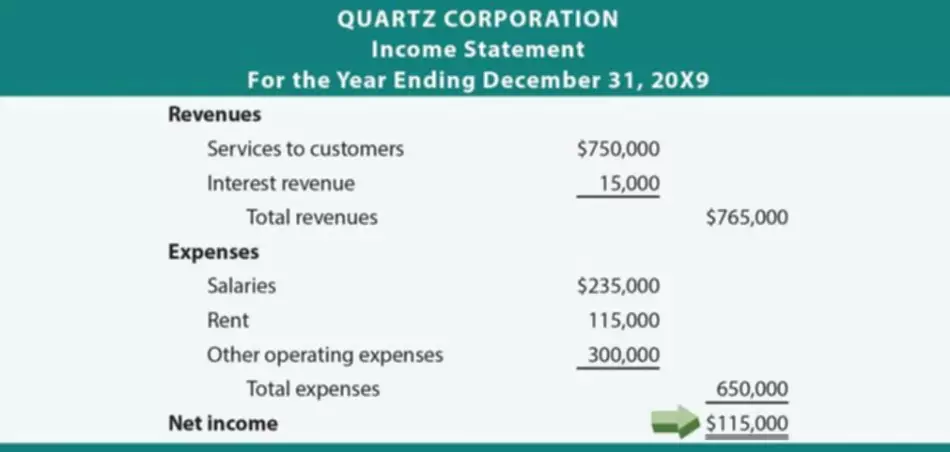Content
Because each state receives a credit to cover 5.4% of FUTA payments, employers effectively pay only 0.6% annually into FUTA. Payroll taxes go to support social programs and public expenses for American citizens. The programs include everything from Social Security and Medicare to public employee salaries and education. 30 Issued check payable to Swift Bank in payment of the employer’s FUTA taxes for the first quarter of the year.
All tax deposits have to be made through the Electronic Federal Tax Payment System (EFTPS). Paying your deposit is the most pain-free part of the process — just enter your Employer ID Number (EIN) to log in and connect your bank account. The value-added tax rate is 20% for every supply of goods provided to customers.
for Withholding Requirements
Machine-readable form includes file uploads through MassTaxConnect and electronic data transfer. Employers must register with us before filing returns and make payments electronically. Employees must report the above-listed information on a Form M-4 – Employee’s Withholding Exemption Certificate and claim the proper number of exemptions. Employees can change the number of their exemptions on Form M-4 by filing a new certificate at any time if the number of exemptions increases.
Take note of the word “willfully.” Both the IRS and the EDD are cognizant of the difference between a simple calculation error and willful failure to follow tax laws. An innocent miscalculation will simply result in a penalty plus interest on the amount owed. However, willful failure to follow the tax laws is considered to be tax evasion. In such a case, not only will the penalties and interest be due, but criminal charges may also result. In the midst of tax filing season, it’s common to start worrying and thinking about taxes on a…
e-Services for Business
A worker is an employee when the employer has the right to direct and control the worker. The employer does not have to actually direct or control the worker but has the right to do so. Diana is a seasoned human resources leader who has held many roles in the industry. She has worked with a variety of corporations and organizations to implement workforce management software and payroll best practices.
Federal and state governments use employer payroll taxes to help pay for social programs and support retirement benefits, among other uses. Although the employer collects the money, this is employer responsibility for payroll taxes paid solely by the employee, not the employer. One of the issues small-business owners have to contend with is staying current with the many obligations for local, state, and federal taxes.
Withholding Requirements
However, Rhode Island, New York, North Dakota, California, New Jersey, Minnesota, Iowa, and West Virginia are a few states paying progressive income taxes to the Internal Revenue Service. Unlike California payroll tax, Texas, Washington, South Dakota, Alaska, and Florida have no income tax system. When differentiating income vs payroll tax, employee and employer responsibility, levies, and tax rates are a https://www.bookstime.com/ few things to compare. We’ll create a comparison chart for income vs payroll tax to help you differentiate them properly without dependents. A wage base is the maximum amount of an employee’s income you can tax. Regardless of whether the tax is contributed by the employee, employer, or both, employers are responsible for withholding the applicable payroll taxes and remitting them to the correct parties.
We can guide you through the audit and appeal process, using our knowledge of federal and state payroll/employment tax laws and rules to help you achieve the best possible results on your behalf. Resolving payroll tax penalties requires payment of the back taxes owed, plus any interest and penalties on the overdue amount. Keep in mind however, that you have the right to dispute taxes and penalties.
However, in some locations, local income tax is paid solely by the employer. Local governments in a number of states impose a local income tax on employees. Generally, local income taxes apply to employees who live or work in a certain locality. In rare cases, some employees might be exempt from federal income tax.


